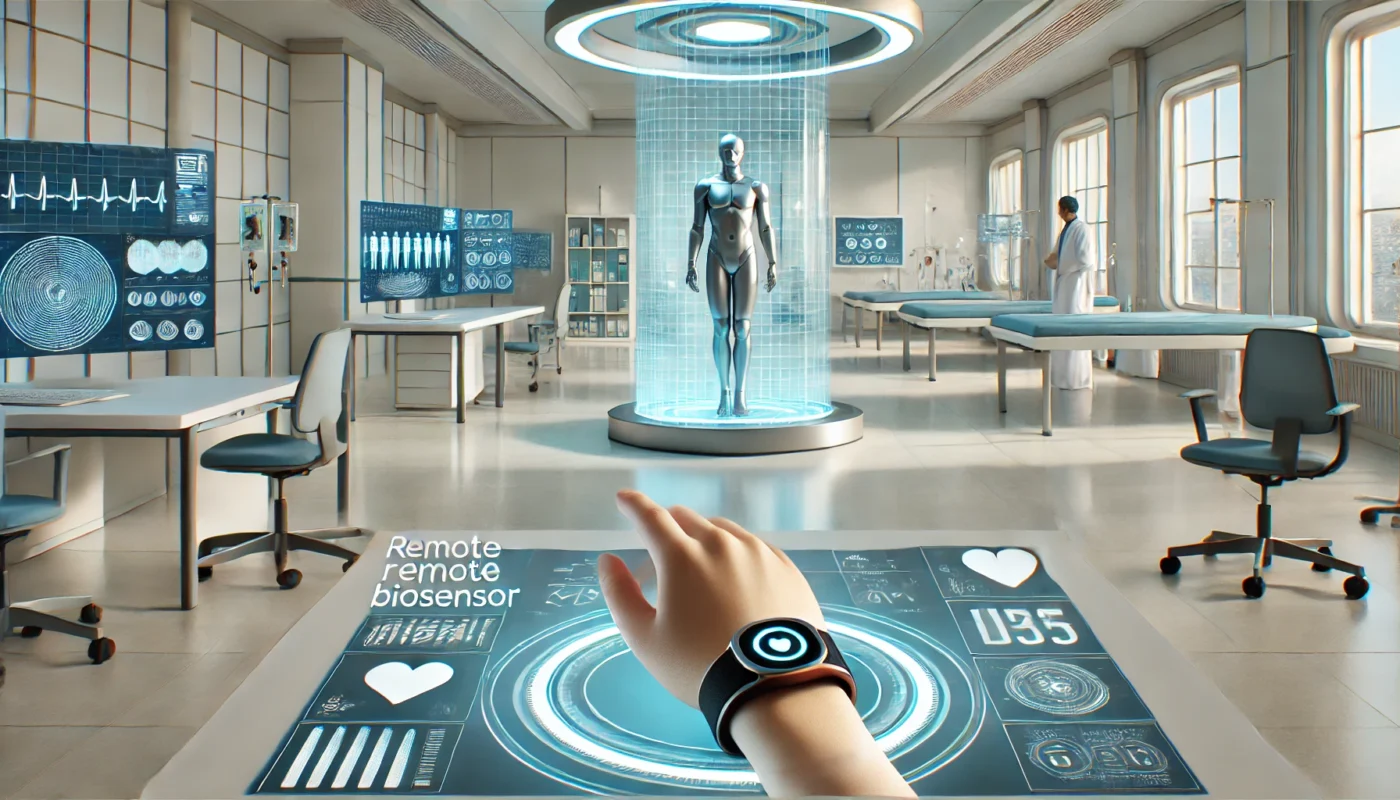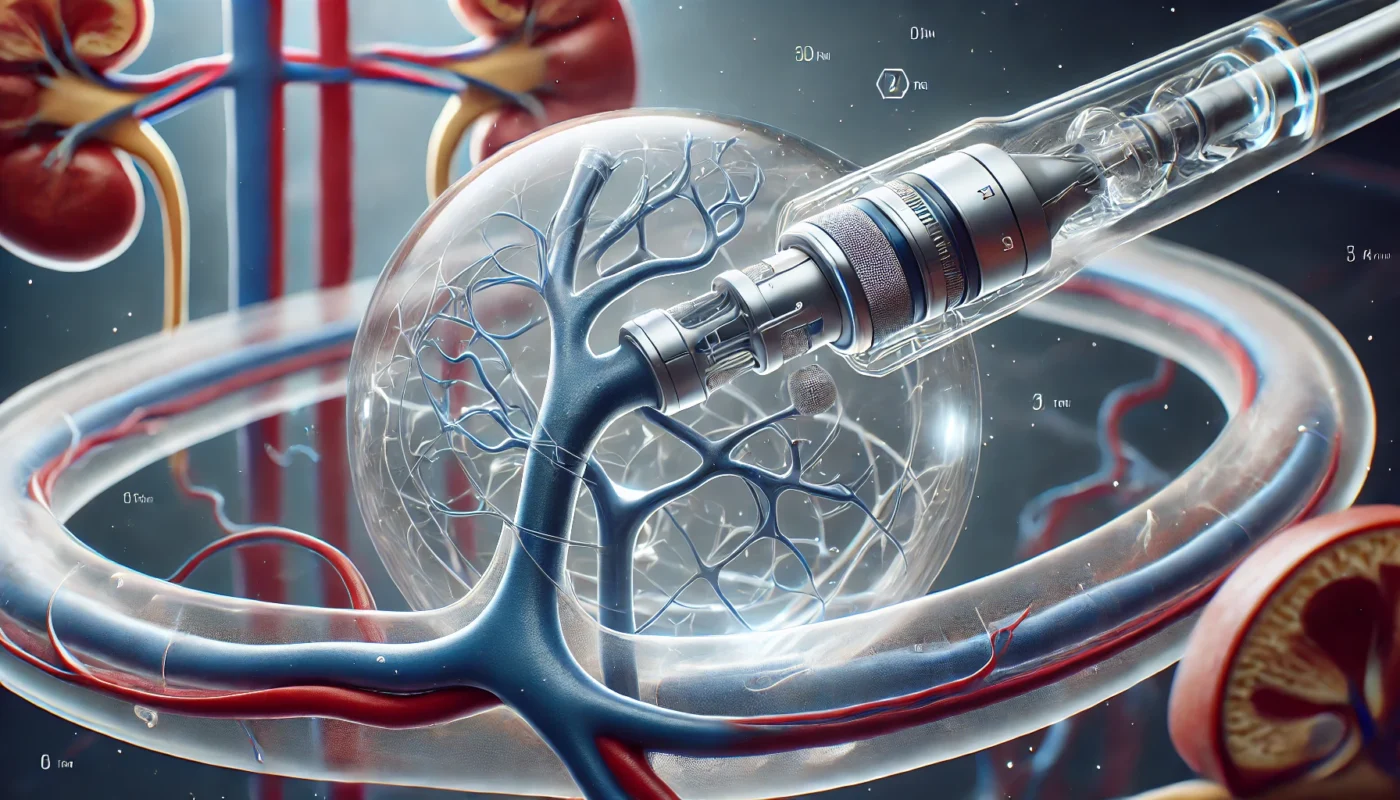Hypertension, or high blood pressure, is a major public health challenge, affecting over 1.28 billion adults worldwide, according to the World Health Organization (WHO). As a leading risk factor for cardiovascular disease, stroke, and kidney failure, hypertension necessitates effective management strategies. Among these, dietary interventions play a central role. Dietary fiber, in particular, has garnered attention for its ability to support vascular health and lower blood pressure. This article explores the role of fiber in preventing and managing hypertension, the mechanisms by which it impacts vascular health, and practical strategies to increase fiber intake.
Tag Archives: Hypertension Management
Hypertension, or high blood pressure, is one of the most prevalent chronic conditions globally, affecting more than 1.28 billion adults according to the World Health Organization (WHO). While the genetic component of hypertension has long been recognized, recent advancements in the field of epigenetics have highlighted how environmental and lifestyle factors can influence gene expression and, in turn, affect blood pressure regulation. Understanding the interplay between genes and the environment offers exciting opportunities for personalized hypertension management. This article explores the science of epigenetics, how it relates to hypertension, and the potential for lifestyle interventions and emerging therapies to positively influence blood pressure.
Hypertension, or high blood pressure, is a silent yet pervasive condition, contributing to heart disease, stroke, kidney failure, and other serious complications. According to the World Health Organization (WHO), it affects over 1.28 billion people globally, with many remaining undiagnosed or undertreated. Managing hypertension effectively requires constant monitoring and timely interventions, which have traditionally relied on sporadic blood pressure measurements taken in clinical settings. However, advancements in wearable technology and remote biosensors are transforming this paradigm. These devices provide real-time, continuous data, empowering individuals and healthcare providers to take proactive steps in blood pressure management.
Hypertension, or high blood pressure, is one of the leading causes of cardiovascular disease, affecting over 1.28 billion adults worldwide according to the World Health Organization (WHO). Despite the availability of antihypertensive medications and lifestyle interventions, many individuals struggle with resistant hypertension—high blood pressure that remains uncontrolled despite the use of at least three antihypertensive drugs. For these patients, renal denervation (RDN) offers a promising minimally invasive solution. This article explores the mechanism of RDN, recent advancements in the field, and the effectiveness of this innovative procedure in reducing blood pressure.
- 1
- 2




